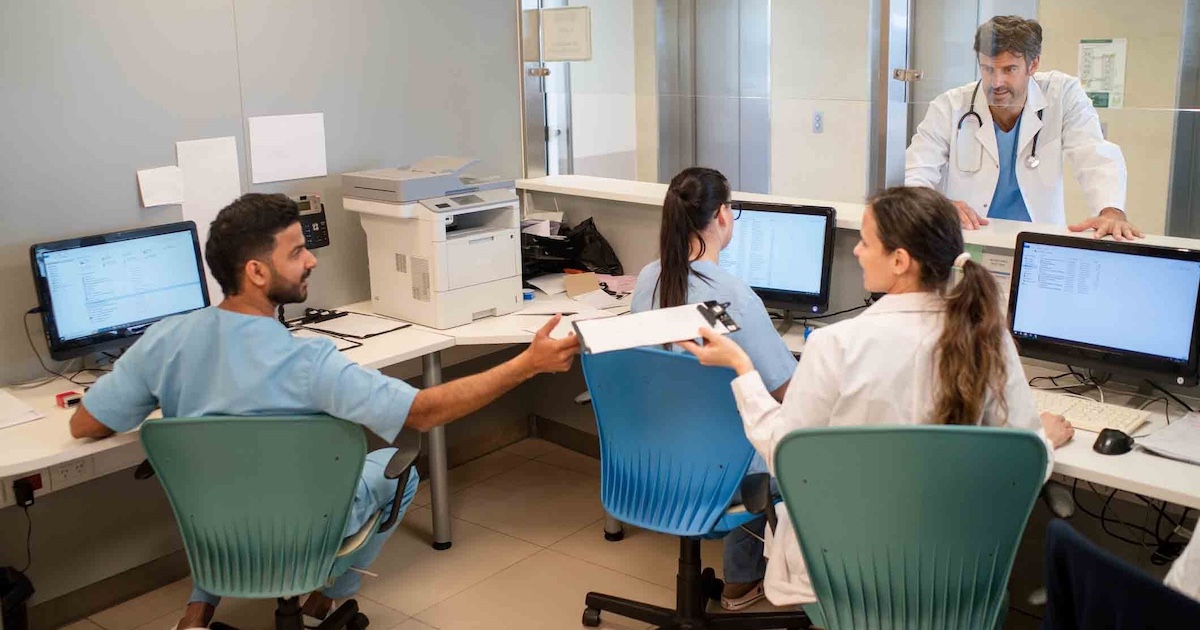An Australian study that used AliveCor's smartphone ECG reader to detect the risk of stroke in elderly consumers may have saved 15 lives.
The San Francisco-based mHealth developer took part in a study of 1,000 customers over the age of 65 across 10 community pharmacies in suburban Sydney. The SEARCH-AF study, overseen by 15 researchers from nine medical institutions in Australia and one in Germany, identified 15 previously undiscovered cases of atrial fibrillation (AF), all indicating a high risk of stroke.
In the study, the participants used the AliveCor Heart Monitor to capture 30-to-60-second ECG records and wirelessly send them to cardiologists, who used the data to identify patients at risk of stroke because of unknown AF. According to the participating cardiologists, none of the 15 patients identified with newly discovered AF had shown any signs or symptoms.
Researchers also noted the financial benefits of the study: Routine screenings using a mobile ECG reader like AliveCor's monitor, they said, could save more than $4,000 a year for each consumer, as measured by Quality Adjusted Life Years, as well as $20,700 if a stroke is prevented,
"Community screening using the AliveCor Heart Monitor in pharmacies has shown to be both feasible and cost effective in helping physicians identify people with AF, the most common abnormal heart rhythm, which is responsible for a third of all strokes," said Ben Freedman, MD, of the University of Sydney, in a press release issued by AliveCor. "In many cases AF is not known before a stroke, so screening for AF and treating with effective medications could make an impact on reducing the community burden of stroke."
"We believe these findings have great significance for health providers and should become part of routine practice as this type of screening program is a cost effective way to identify patients with asymptomatic atrial fibrillation, a condition that can lead to potentially life threatening complications," added Euan Thomson, AliveCor's president and chief executive officer, in the release.
The results of the study were published in the April 1 online edition of Thrombosis and Haemostasis. The study was led by Freedman, a professor of cardiology at the Concord Hospital Department of Cardiology and Anzac Research Institute at the University of Sydney's Sydney Medical School.
AliveCor recently received clearance for over-the-counter sales of its smartphone ECG, which is available for iOS and Android devices. The company is also partnering with Practice Fusion to integrate those ECG readings directly into Practice Fusion's electronic medical record platform.


